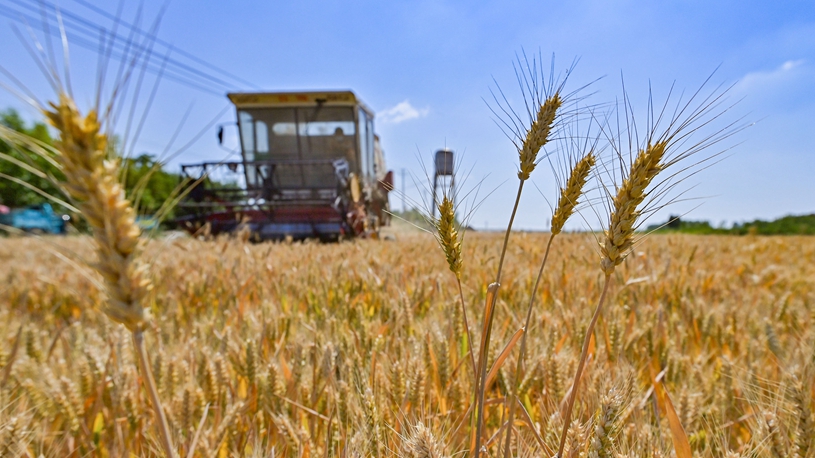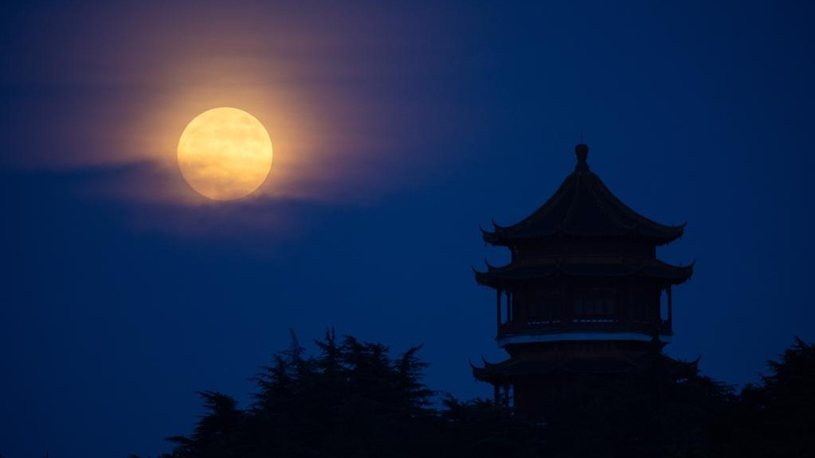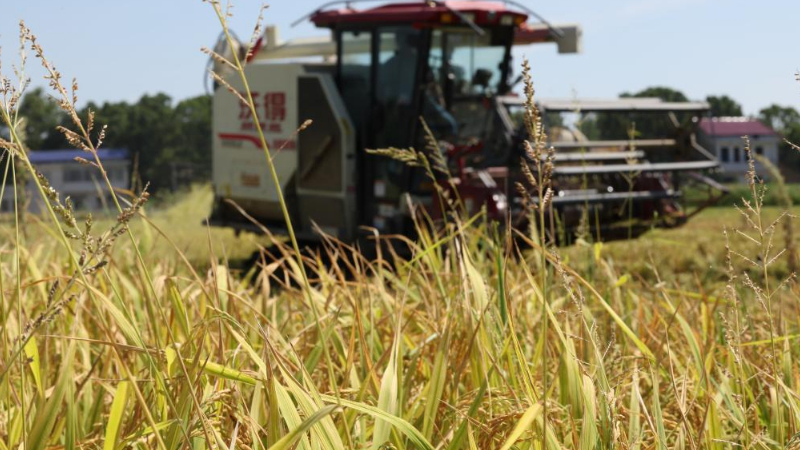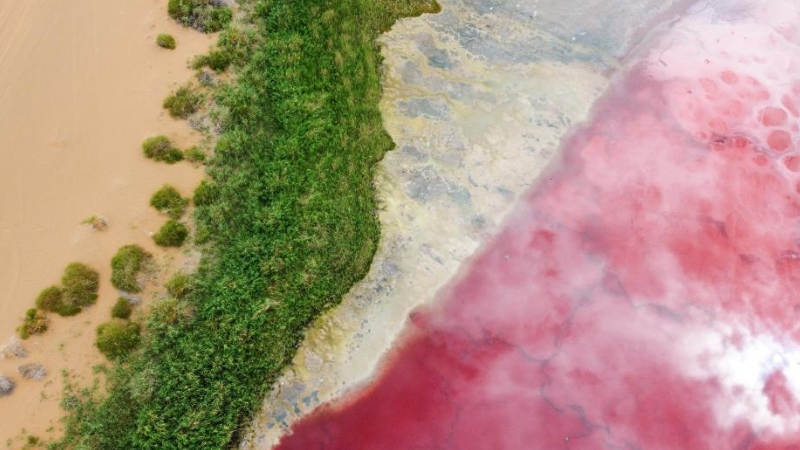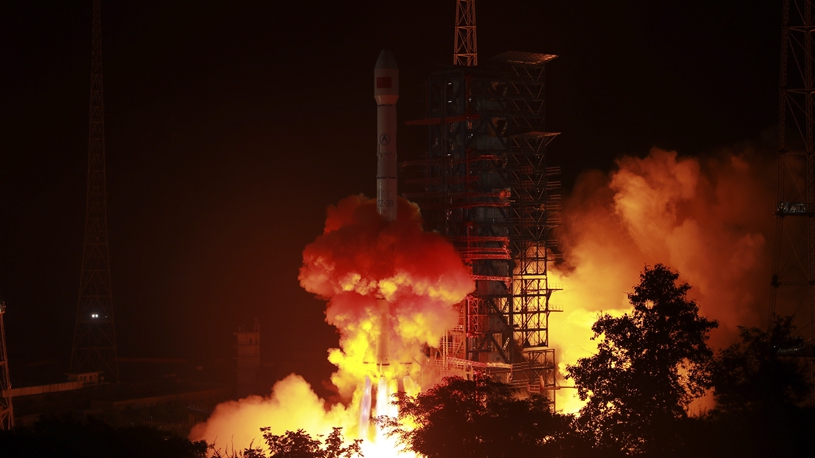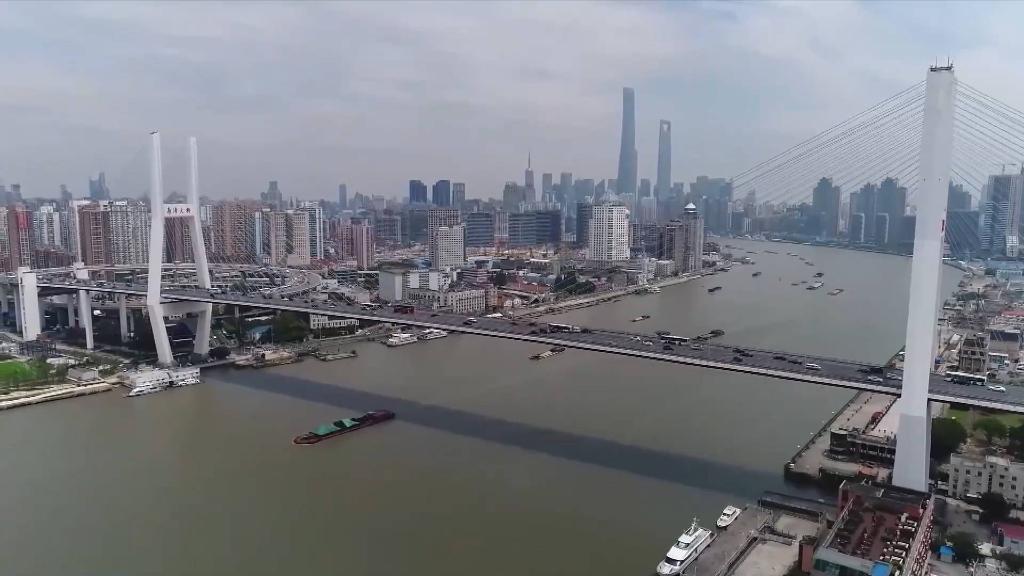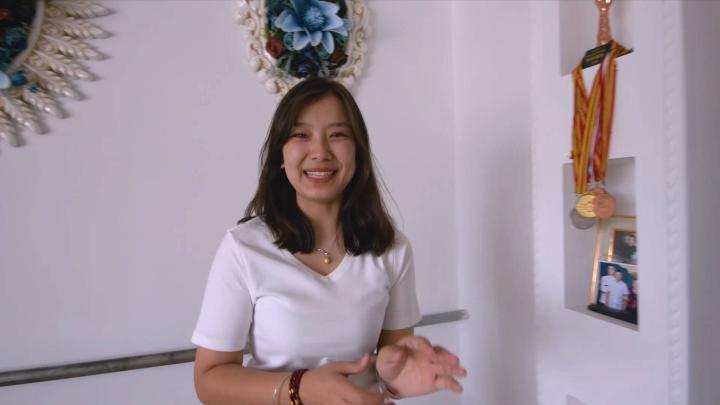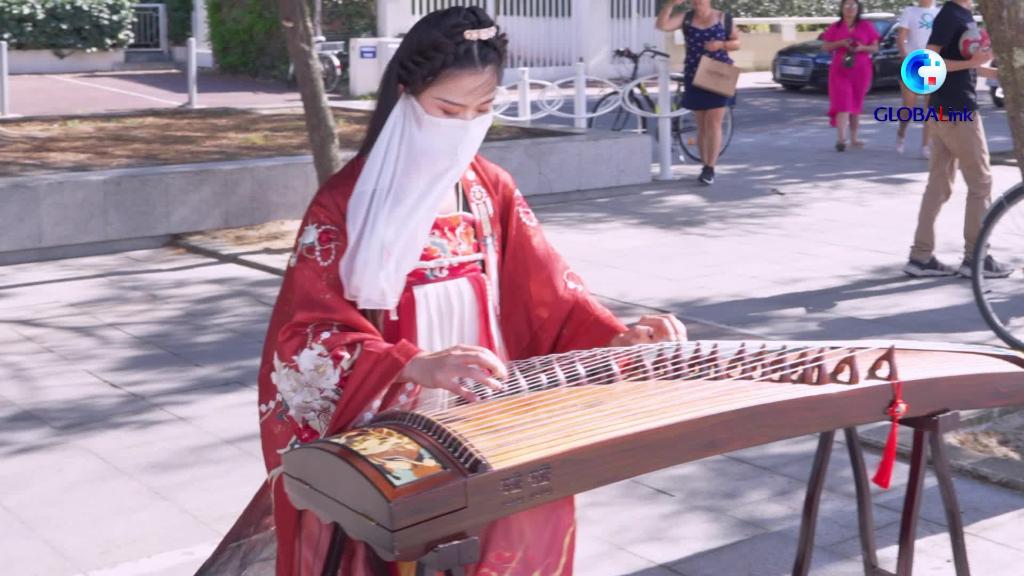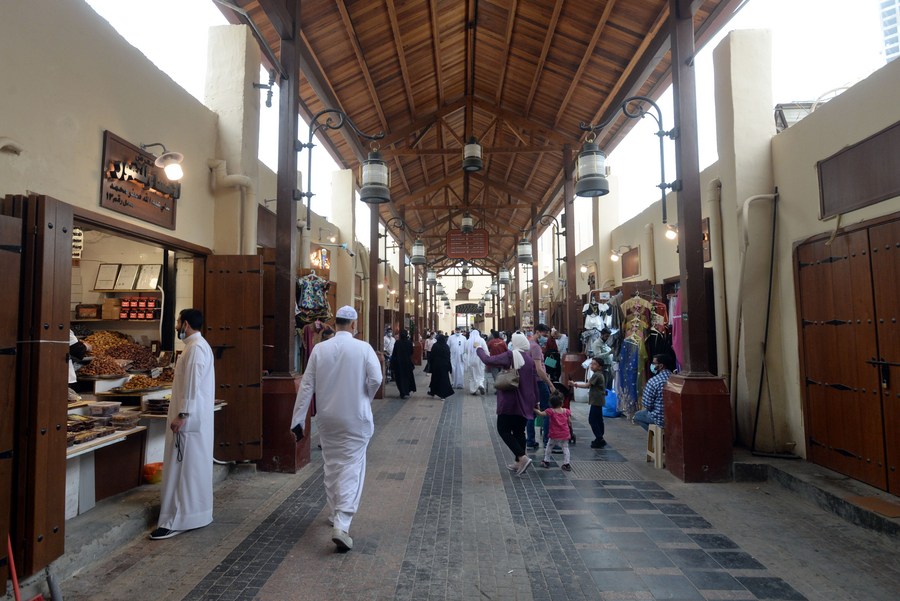 Photo taken on April 10, 2021 shows people shopping at Al-Mubarakiya market in Kuwait City, Kuwait. (Photo by Asad/Xinhua)
Photo taken on April 10, 2021 shows people shopping at Al-Mubarakiya market in Kuwait City, Kuwait. (Photo by Asad/Xinhua)
For many years, Souk Al-Mubarakiya, one of the oldest markets in downtown Kuwait City, had served as a popular tourist attraction and a go-to place for the locals who cherish the traditional way of life, until a blaze struck it in April.
After that, Kuwait city released a high-profile restoration plan aiming to bring the market into a modern rebirth. But it received mixed reactions from many locals, especially the heritage experts who are worried that its traditional form and function would disappear.
KUWAIT CITY, July 17 (Xinhua) -- For many years, Souk Al-Mubarakiya, one of the oldest markets in downtown Kuwait City, had served as a popular tourist attraction and a go-to place for the locals who cherish the traditional way of life, until a blaze struck it in April.
The souk, meaning market in Arabic, housed hundreds of shops, selling goods ranging from gold jewelry, perfume and spices to fish, fruits and vegetables, along with several restaurants that served traditional Kuwaiti dishes.
Established more than 120 years ago, it was the center of trade in Kuwait prior to the discovery of oil and had been revamped several times throughout the years.
This April, a huge fire destroyed at least 25 shops in the Al-Mubarakiya market. After that, Kuwait city released a high-profile restoration plan aiming to bring the market into a modern rebirth. But it received mixed reactions from many locals, especially the heritage experts who are worried that its traditional form and function would disappear.
The plan focuses on "combining past heritage with a modernized future," in a bid to keep pace with the urban development and the vision of "New Kuwait 2035."
The new market will include luxury hotels, an open theater, a mosque, souvenir shops and a tourist service center, with an aim to revive the tourism hit by the COVID-19 pandemic.
Fahad Al-AbdulJalil, president of the Kuwait Heritage Society, complained that the new design does not reflect the traditional business-dealing for visitors to experience in its alleys, and will wipe out the identity of the market as a heritage place.
"The design plan has gone viral on social media platforms ... It will contradict the historic Kuwaiti buildings that reflect the spirit of a place and will deprive the market of its cultural connection to the Kuwaiti society," he told Xinhua.
"The new designs encroach on the memory of the Kuwaiti nation and individuals," Dalal Al-Dayel, historian and founder of the Tura Initiative that preserves oral history, told Xinhua.
He added that preserving historic buildings is a national duty and there are international standards, methods, and specifications on how to take care of them.
Al-AbulJalil, whose organization engages in research on ways to protect the material heritage of the market, called on city authorities to redesign the market with the assistance of local specialists and restore the old appearances of the buildings with materials from which they were built.
 Photo taken on April 1, 2022 shows the damaged Al-Mubarakiya market after a fire in Kuwait City, Kuwait. (Photo by Asad/Xinhua)
Photo taken on April 1, 2022 shows the damaged Al-Mubarakiya market after a fire in Kuwait City, Kuwait. (Photo by Asad/Xinhua)
This is not the first time the old souk is renovated. In 1990, the marketplace was damaged during the Iraqi invasion and later restored with its traditional characteristics preserved.
Abdulraouf Murad, a Kuwaiti architecture photographer, believed that the latest design which will transform the old market into a modern business complex does not necessarily mean the old market will be gone.
"Although the Al-Mubarakiya market will be modernized somehow with the perfume shops, fast food restaurants, and modern building materials, its old heritage will remain," he told Xinhua.
In Kuwait, many projects on renovating historic buildings are awarded to ordinary contractors, who more than often would come out with a plan lacking the sense of preservation, which is the case of the Al-Mubarakiya design.
Because of this, many historic buildings across Kuwait have already been altered by improper restorations, such as the American Hospital, Great Mosque, and houses in the Um Sadah area, Murad added.
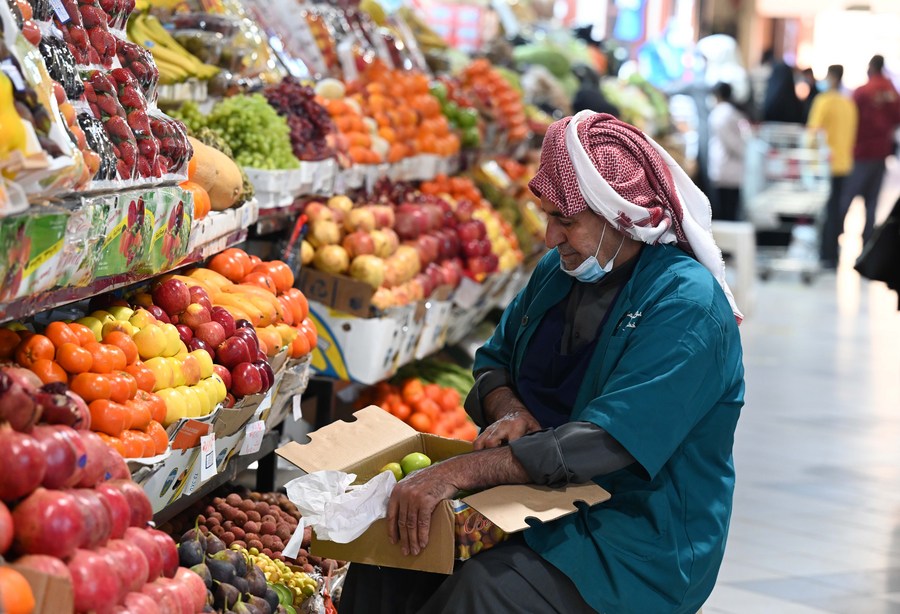 A vendor arranges fruits at Al-Mubarakiya market in Kuwait City, Kuwait on Jan. 25, 2022. (Photo by Asad/Xinhua)■
A vendor arranges fruits at Al-Mubarakiya market in Kuwait City, Kuwait on Jan. 25, 2022. (Photo by Asad/Xinhua)■

